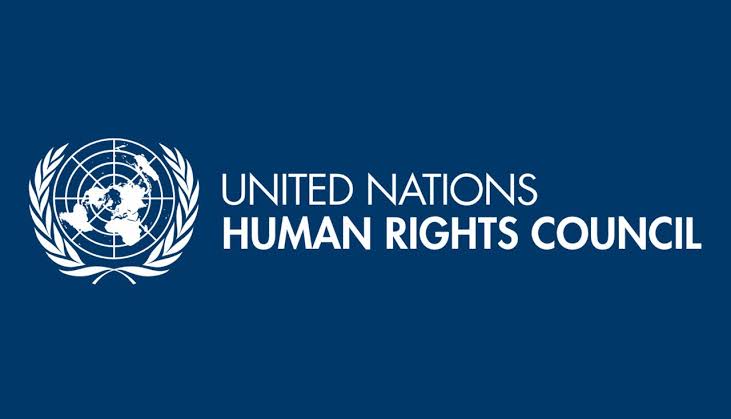Saudi Arabia’s Human Rights Report Receives Global Acclaim at UNHRC

Riyadh, The Gulf Observer: Saudi Arabia’s latest human rights report, presented during the 45th session of the UN Human Rights Council in Geneva, has received widespread international commendation. The report, part of the Universal Periodic Review (UPR) mechanism, marks Saudi Arabia’s fourth review, following its last in 2018.
Countries from around the world acknowledged Saudi Arabia’s substantial advancements in human rights since 2018, particularly highlighting the transformative impact of the Kingdom’s Vision 2030 developmental plan.
Vision 2030 has catalyzed significant reforms in legislation and regulations, notably impacting basic rights, women’s empowerment, child protection, educational development, and human rights amendments.
During the review session, the United States commended Saudi Arabia’s modernization efforts in its economy and societal development. The United Kingdom recognized progress in women’s rights and opportunities, attributing these achievements to social and legal reforms under Vision 2030.
Belgium, Argentina, Austria, Ukraine, and China also commended Saudi Arabia’s commitment to human rights improvements, including efforts against trafficking and child labor, legislative reforms, and support for international peace initiatives.
Croatia valued Vision 2030’s legislative reforms, particularly in preventing child labor and workplace discrimination. France congratulated Saudi Arabia on its comprehensive human rights efforts, while Cyprus, Germany, Finland, and Italy acknowledged progress in women’s rights and protections for foreign workers.
Iran recognized the issuance of family law and the introduction of the “job mobility service” for foreign workers. Ireland, Japan, the Netherlands, and the Russian Federation praised Saudi Arabia for various advancements, including educational opportunities for women, disability rights, and gender pay equality.
Mexico, Portugal, and Spain welcomed reforms such as the Travel Documents Law and the Civil Status Law, emphasizing the empowerment of women and workers. Sweden appreciated progress in economic and social rights, particularly for women and girls.
The UPR, a pivotal mechanism of the UN Human Rights Council, reviews member states’ human rights obligations every four years. Established by the UN General Assembly in 2006, the UPR aims to encourage countries to promote and protect human rights domestically.


